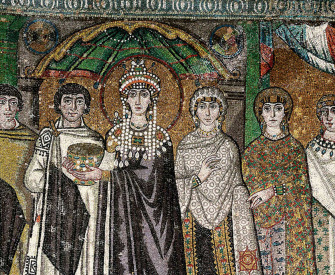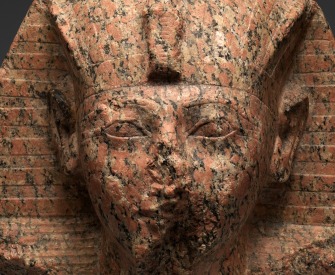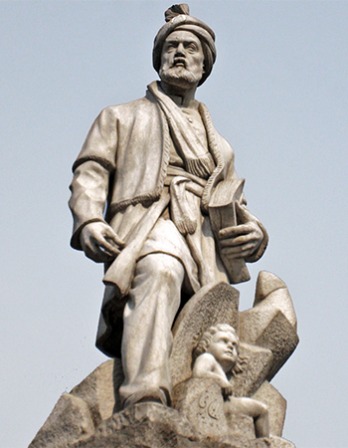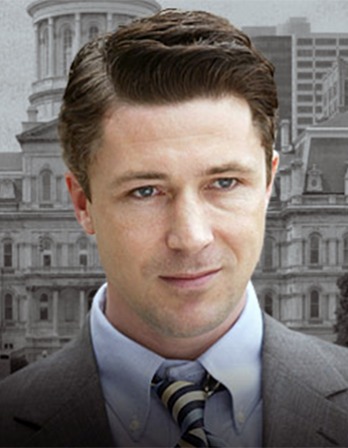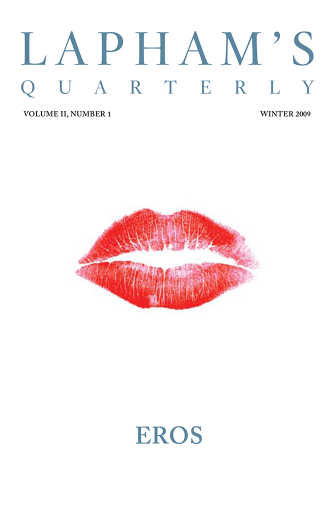September 2 (Lord’s Day)
Some of our maids sitting up late last night to get things ready for our feast today: Jane called us up about three in the morning to tell us of a great fire they saw in the city. So I rose and slipped on my nightgown and went to her window, and thought it to be on the backside of Mark Lane at the farthest—but being unused to such fires as followed, I thought it far enough off, and so went to bed again and to sleep. About seven rose again to dress myself and there looked out at the window and saw the fire not so much as it was, and farther off. So to my closet to set things to rights after yesterday’s cleaning. By and by Jane comes and tells me that she hears that above three hundred houses have been burned down tonight by the fire we saw, and that it is now burning down all Fish Street, by London Bridge. So I made myself ready presently and walked to the Tower and there got up upon one of the high places: and there I did see the houses at that end of the bridge all on fire, and an infinite great fire on this and the other side the end of the bridge. So down, with my heart full of trouble, to the lieutenant of the Tower, who tells me that it begun this morning in the king’s baker’s house in Pudding Lane, and that it hath burned St. Magnus’ Church and most part of Fish Street already. So I down to the waterside and there got a boat and went through the bridge, and there saw a lamentable fire. Everybody endeavoring to remove their goods and flinging into the river or bringing them into lighters that lay off; poor people staying in their houses as long as till the very fire touched them and then running into boats or clambering from one pair of stairs by the waterside to another. And among other things, the poor pigeons, I perceive, were loath to leave their houses but hovered about the windows and balconies till they were, some of them burned—their wings—and fell down. Having stayed, and in an hour’s time seen the fire rage every way, and nobody to my sight endeavoring to quench it, rather to remove their goods and leave all to the fire, and having seen it get as far as the steelyard, and the wind mighty high and driving it into the city—and everything, after so long a drought, proving combustible, even the very stones of churches. I to Whitehall (with a gentleman with me who desired to go off from the Tower, to see the fire, in my boat); to Whitehall, and there up to the king’s closet in the chapel, where people come about me—and I did give them an account that dismayed them all, and word was carried in to the king. So I was called for, and did tell the king and Duke of York what I saw, and that unless His Majesty did command houses to be pulled down, nothing could stop the fire. They seemed much troubled. It was about twelve o’clock—and so home and there find my guests, which were Mr. Wood and his wife Barbary Sheldon, and also Mr. Moone: she mighty fine, and her husband, for ought I see, a likely man. But Mr. Moone’s design and mine, which was to look over my closet and please him with the sight thereof, which he hath long desired, was wholly disappointed—for we were in great trouble and disturbance at this fire, not knowing what to think of it. However, we had an extraordinary good dinner, and as merry as at this time we could be. Soon as dined, I and Moone away, and walked through the city, the streets full of nothing but people and horses and carts loaded with goods, ready to run over one another, and removing goods from one burned house to another. Having seen as much as I could now, I away to Whitehall by appointment and there walked to St. James’ Park, and there met my wife and walked to my boat; and there upon the water again, and to the fire up and down, it still increasing, and the wind great. So near the fire as we could for smoke—and all over the Thames, with one’s face in the wind, you were almost burned with a shower of fire drops. This is very true, so as houses were burned by these drops and flakes of fire, three or four, nay, five or six houses, one from another. When we could endure no more upon the water, we to a little alehouse on the Bankside, over against the Three Cranes, and there stayed till it was dark almost and saw the fire grow, and as it grew darker, appeared more and more, and in corners and upon steeples, and between churches and houses, as far as we could see up the hill of the city, in a most horrid, malicious, bloody flame, not like the fine flame of an ordinary fire. We stayed till, it being darkish, we saw the fire as only one entire arch of fire from this to the other side of the bridge and in a bow up the hill for an arch of above a mile long: it made me weep to see it. The churches, houses, and all on fire and flaming at once—and a horrid noise the flames made, and the cracking of houses at their ruin. So home with a sad heart and there find everybody discoursing and lamenting the fire, and my friend, poor Tom Hater, come with some few of his goods saved out of his house, which was burned up on Fish Street Hill. I invited him to lie at my house, and did receive his goods, but was deceived in his lying there, the news coming every moment of the growth of the fire; so as we were forced to begin to pack up our own goods and prepare for their removal—and did by moonshine (it being brave dry, and moonshine, and warm weather) carry much of my goods into the garden, and Mr. Hater and I did remove my money and iron chests into my cellar, thinking that the safest place. And got my bags of gold into my office, ready to carry away, and my chief papers of accounts also there, and my tallies into a box by themselves. So great was our fear, seeing Sir W. Batten had carts come out of the country to fetch away his goods this night. We did put Mr. Hater, poor man, to bed a little—but he got but very little rest, so much noise being in my house, taking down of goods.
September 3
About four o’clock in the morning, my Lady Batten sent me a cart to carry away all my money and plate and best things, to Sir W. Rider’s at Bednall Greene. Which I did, riding myself in my nightgown in the cart—and Lord!—to see how the streets and the highways are crowded with people running and riding and getting of carts at any rate to fetch away things. I find Sir W. Rider tired with being called up all night, and receiving things from several friends. His house full of goods. I am eased at my heart to have my treasure so well secured. Then home, with much ado to find a way—nor any sleep all this night to me nor my poor wife.
From his Diary. Known for his 1,250,000-word account of London life from 1660 to 1669, Pepys served as England’s first secretary to the Admiralty and acted as both a member of Parliament and as a president of the Royal Society. The Great Fire of London destroyed much of the city, including the old St. Paul’s Cathedral, eighty-seven parishes, and around thirteen thousand houses.
Back to Issue

